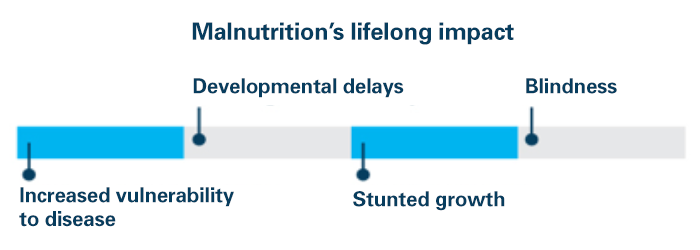Last week Thursday something interesting happened.
It was a work day at African Founders.
I rushed home to be there when the children are dropped off.
I got in earlier and reposted the graphics for the promo posts for the Content Creation Challenge on my Instagram and Facebook accounts.
It was a work day at African Founders.
I rushed home to be there when the children are dropped off.
I got in earlier and reposted the graphics for the promo posts for the Content Creation Challenge on my Instagram and Facebook accounts.
Then it was time to put on the mommy hat.
The boys came back from school.
The boys came back from school.
I gave them (snacks) yoghurt and peanuts.
We then spent the next hour or so doing homework.
Then it was playtime for them and dinner preps for me.
In my haste to quickly get food ready, I cut my finger. Ouch.
Every wash was added pain.
Seasoning the food added salt to my injury.
My legs were already tired.
Then while the food was on fire, I quickly bathed them.
I had the choice of giving them cereal for dinner but since it was a long time since they had eaten pepper soup, I decided to give them as well.
But it was still cooking.
Treasure was already hungry and clingy.
But it was still cooking.
Treasure was already hungry and clingy.
I had shooed him gently and he wasn't going.
He came back while I was slicing the scent leaves. I then raised my voice and told him to stay away from the kitchen.
He sulked away.
Finally!
I could get the food ready.
Minutes later, my glorious pepper soup was ready.
Come and eat, guys!
He sulked away.
Finally!
I could get the food ready.
Minutes later, my glorious pepper soup was ready.
Come and eat, guys!
I entered the living room and what I saw stopped me dead in my tracks.
My boys were ASLEEP.
After all my efforts.
I then heard that ever-familiar voice of condemnation whisper, "you are a bad mother".
So this was how my children would go to sleep hungry.
Feeling the tears well up behind my eyelids, I retorted, "I'm not a bad mother. I'm doing the best I can".
I don't know how many times I said that to myself till I was in control again.
My boys were ASLEEP.
After all my efforts.
I then heard that ever-familiar voice of condemnation whisper, "you are a bad mother".
So this was how my children would go to sleep hungry.
Feeling the tears well up behind my eyelids, I retorted, "I'm not a bad mother. I'm doing the best I can".
I don't know how many times I said that to myself till I was in control again.
There are times when things would spiral out of control and you would be faced with the unexpected.
Drown the voice of condemnation faster than you can say your name.
Because if you wallow in self-pity and shame, you won't be able to produce anything positive.
Drown the voice of condemnation faster than you can say your name.
Because if you wallow in self-pity and shame, you won't be able to produce anything positive.
When those voices come, just say to yourself, "I'm not a bad person. I'm not a failure. I'm doing the best I can".
But don't say this unless you are truly doing the best you can.
Keep your head up!
Yes You Can.
Love, RZ
PS: I later made the cereal and fed them half-asleep. They slept with food in their lil tummies.  😍 #goodmother
😍 #goodmother
Culled from the Facebook group called BABES REDEFINED.
Written by Ruth Zubairu



